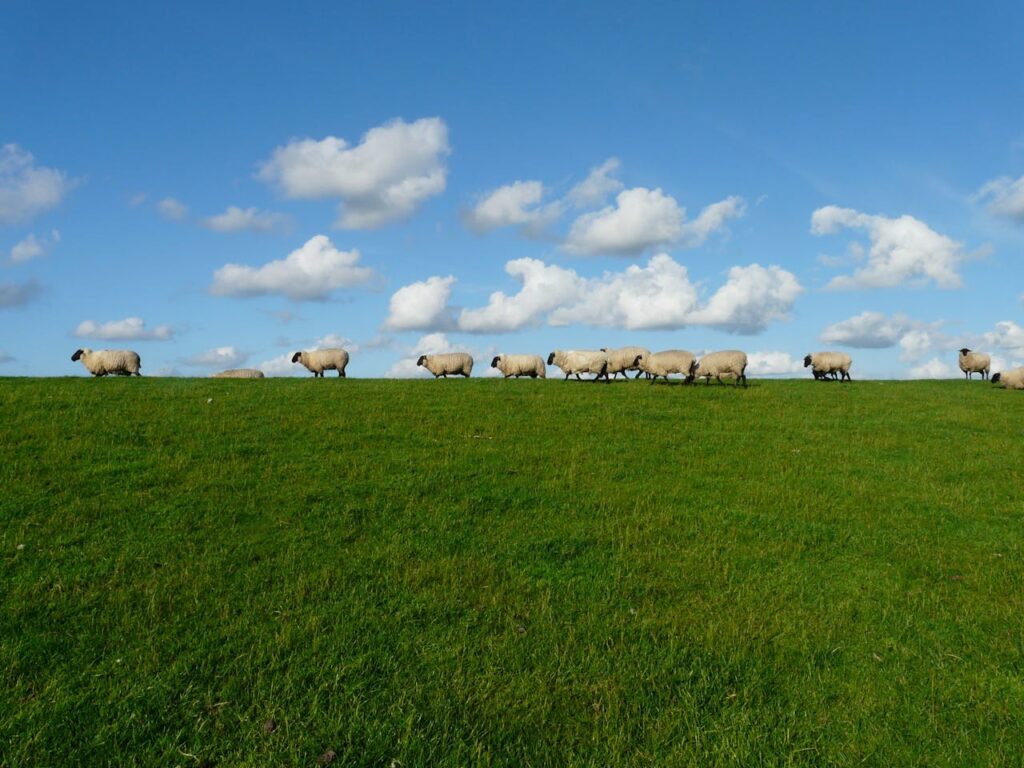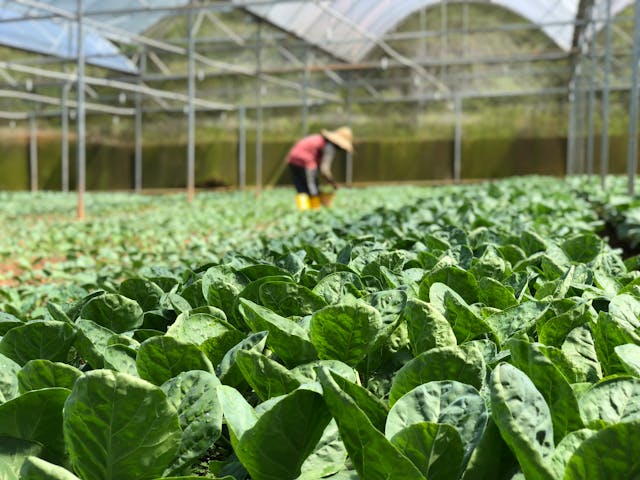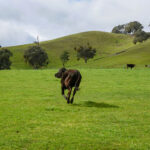Introduction
Farm animals contribute significantly to ecosystem balance. Their presence affects soil health, biodiversity, and even sustainable energy production. Let’s explore the multifaceted roles they play.
1. Fertilization and Soil Enrichment
Livestock manure is a natural fertilizer rich in nitrogen and phosphorus. These nutrients enhance soil fertility, supporting robust plant growth.

2. Biodiversity Enhancement
Grazing animals help maintain plant diversity. Their selective grazing creates varied vegetation, providing habitats for a wide range of species.
3. Natural Pest Control
Certain animals, like chickens, help control pests by feeding on insects and larvae. This reduces the need for chemical pesticides.
4. Renewable Energy Production
Manure from livestock can be used to produce biogas—a clean, renewable energy source that reduces reliance on fossil fuels.

Conclusion
Farm animals are vital for environmental sustainability. They support natural cycles and contribute to renewable energy, fostering a harmonious relationship between agriculture and nature.



Pingback: Sustainable Farming: A Path to a Greener Future - farmandfinds.com
Thank you for your message and suggestion.